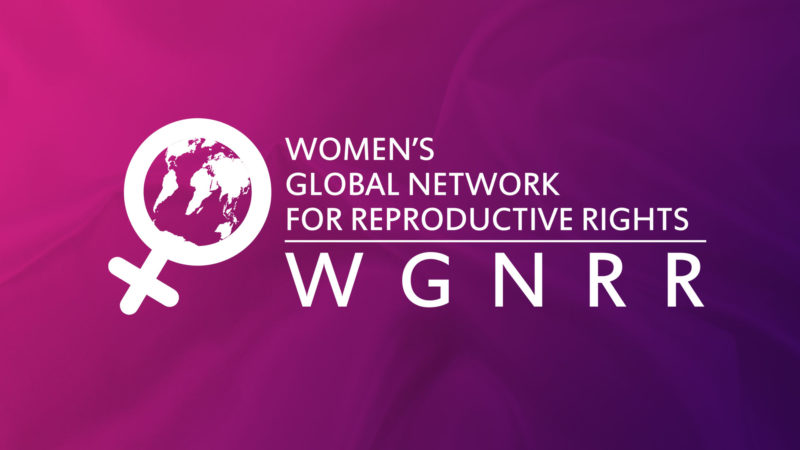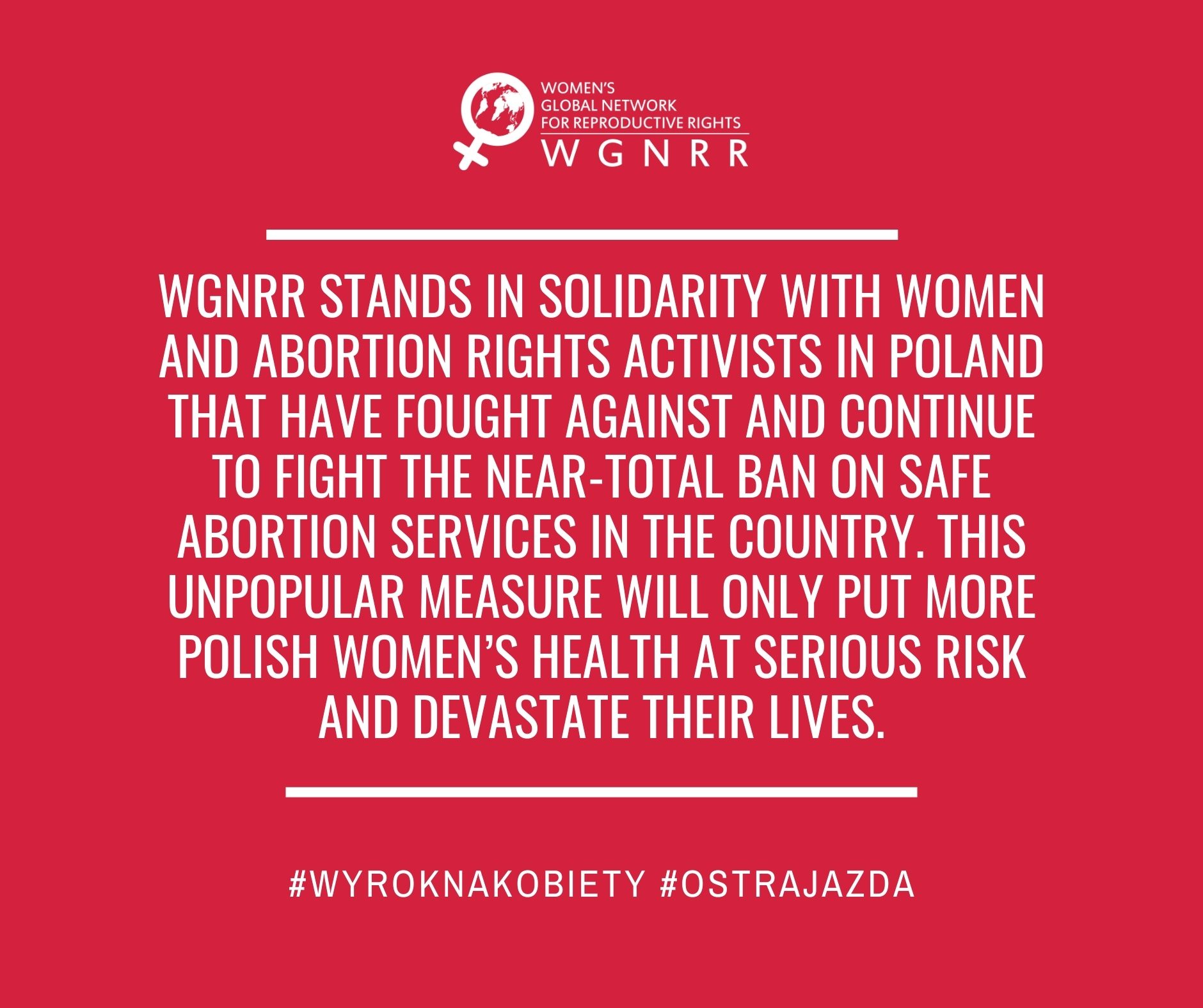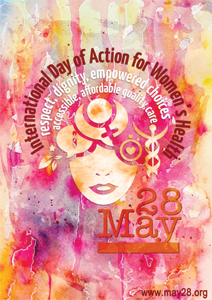WGNRR Written Statement for CPD 54
The Women’s Global Network for Reproductive Rights, representing over a thousand organizations and individuals working worldwide to realize the full sexual and reproductive health and rights of all people, welcomes the upcoming focus of the 54th session of the Commission on Population and Development on population, food security, nutrition, and sustainable development, especially in light of our experience of the COVID-19 pandemic.








